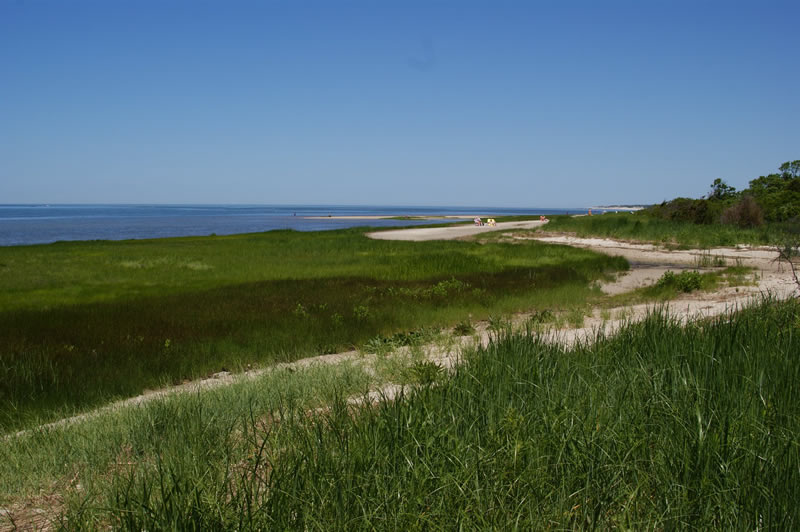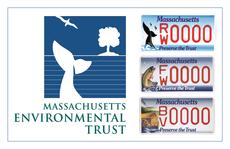Sea Level Rise

Evaluating the Effects of Sea Level Rise on Cape Cod’s Aquifer
In October 2016, the Association to Preserve Cape Cod (APCC) announced the publication of the U.S. Geological Survey?s (USGS) final report on the results of a study to model the effects of sea level rise on the mid-Cape?s ground water system. The report, “Potential Effects of Sea-Level Rise on the Depth to Saturated Sediments of the Sagamore and Monomoy Flow Lenses on Cape Cod, Massachusetts,” by Donald A. Walter, Timothy D. McCobb, John P. Masterson, and Michael N. Fienen, is published as U.S. Geological Survey Scientific Investigations Report 2016-5058 and is available online.
The USGS study found that rising sea level could potentially raise the water table and decrease depths to groundwater in some areas, which can adversely affect infrastructure, as follows: (1) The median rise in the water table following a 6-foot rise in sea level is predicted to be about 2.11 feet but will be strongly affected by the presence of surface water drainages. As the water table rises, hydraulic gradients and streamflow should also increase, causing streams, ponds with outlets, and wetlands to drain faster. This will help to dampen the increase in water table altitudes and may mitigate some of the adverse effects of higher ground water. (2) The area underlain by shallow depths to groundwater (less than 5 feet) will increase as sea level rises. Currently this area covers about 24.9 square miles, mainly in low-lying coastal areas or near streams and ponds. For a 6-foot rise in sea level, this area will increase by about 15.9 square miles, also in low-lying coastal areas and near streams and ponds. These are vulnerable areas in which infrastructure could be impacted by higher groundwater.
Next steps:
Changes in groundwater and streamflow have important implications for management of wastewater, water, natural resources and habitat. The USGS study has provided information needed for science-based planning to address these issues. APCC will be working with partners to identify potential impacts of these changes and to develop coastal resilience measures.
Partners and funding:
 Partners include the U.S. Geological Survey, Cape Cod Commission, The Nature Conservancy, Massachusetts Bays National Estuary Program, and Barnstable County Coastal Resources Committee. Funding was provided by a grant from the Massachusetts Environmental Trust to APCC, the Massachusetts Department of Environmental Protection, The Nature Conservancy, the Cape Cod Five Cents Savings Bank, and from APCC member dues and donations.
Partners include the U.S. Geological Survey, Cape Cod Commission, The Nature Conservancy, Massachusetts Bays National Estuary Program, and Barnstable County Coastal Resources Committee. Funding was provided by a grant from the Massachusetts Environmental Trust to APCC, the Massachusetts Department of Environmental Protection, The Nature Conservancy, the Cape Cod Five Cents Savings Bank, and from APCC member dues and donations.
